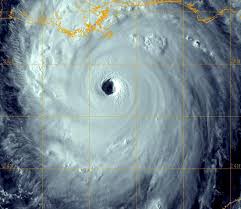Jan.27.2009
1:45 pm
by Ed Beakley
RC#26 RC – AI (Part 2)
 >> Thread #2 Intelligence meaning and usage in natural disasters with Katrina as an event example
>> Thread #2 Intelligence meaning and usage in natural disasters with Katrina as an event example
As we move further down the time line from September 11, 2001, multiple issues and events tend to push professional response organizations toward an “all hazards” approach. Those focused by agency or function speciffically on intelligence, anti-terrorism, counter-terrorism, gang response, emergency management, fire, or law enforcement can argue both sides of the question whether that makes us more or less capable in the event of crisis.
This post continues the comments on resilient communities and actionable intelligence from RC#25 related to thread #2 focused on what we can learn from the response to “Katrina.” It’s significance is that the comments address “intelligence” – generally thought of in terms of acts by humans, either criminal or warfighter – as a function of needs in response to a non-human generated disaster.
The issue is not so much what is most efficient or effective (though obviously important), but rather what can be learned from an intersection of experience from Marines and firemen and cops and brain surgeons in light of unconventional crisis, unconventional responses.
Filed in 4GW,Adaptive Leadership,Intelligence,Resilient Community,Team of Leaders | Comments Off
